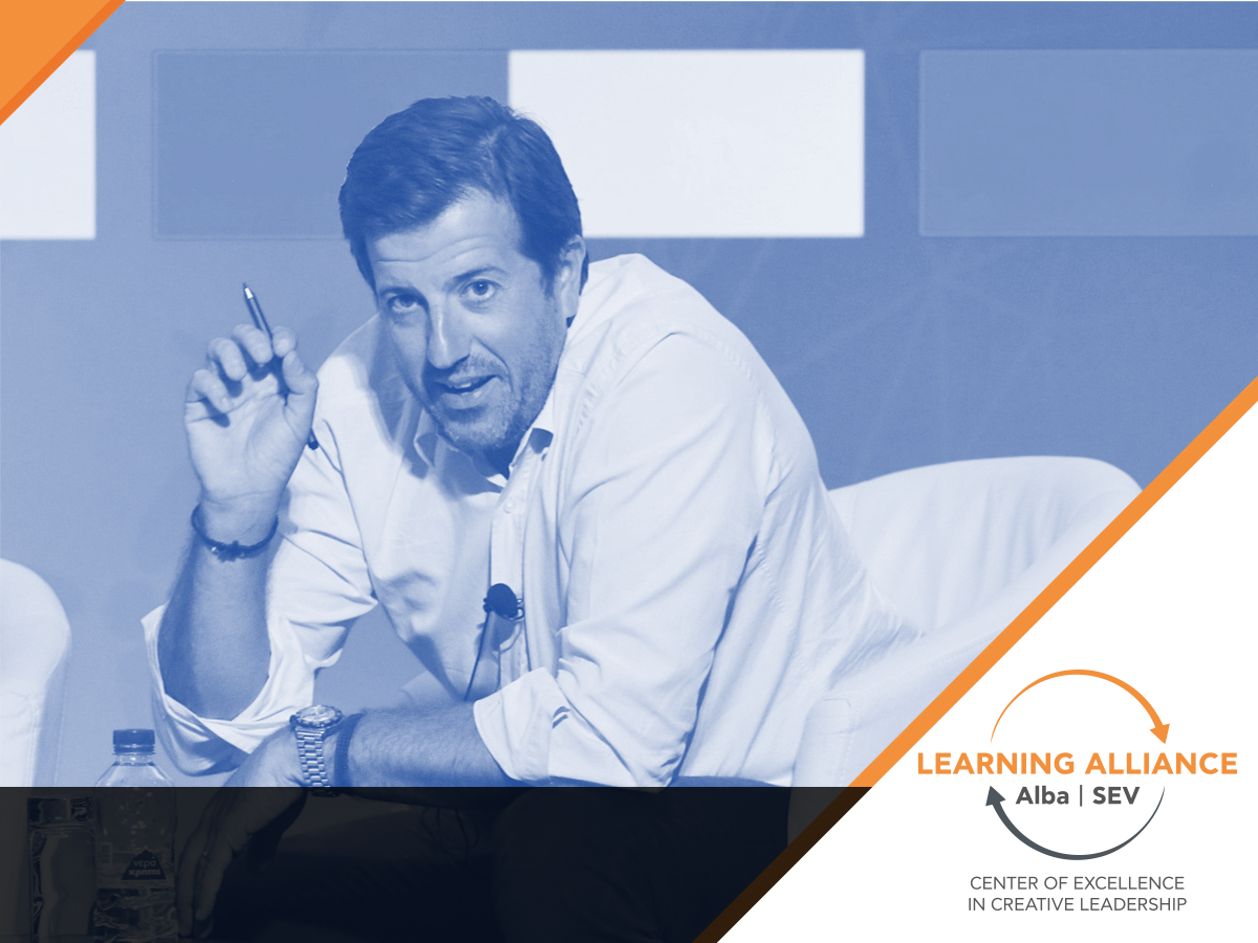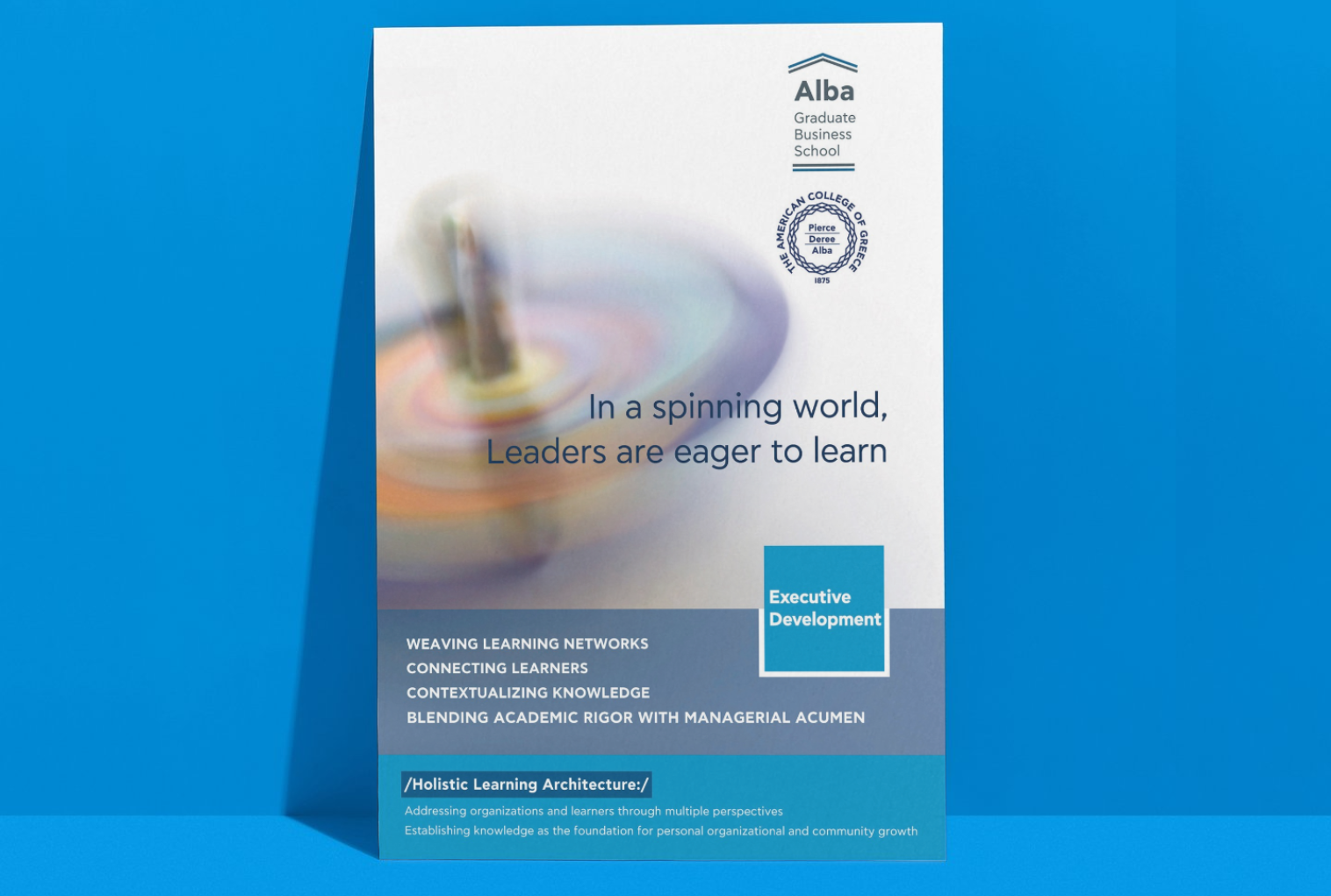Corporate Social Responsibility and Humble Leadership
A Lead Creatively: Discussion Series event

Achieving corporate social responsibility and sustainable development goals, especially in the post-Covid era, requires responsible leadership. Responsible leadership also requires companies to "move" from the doctrine of shareholder capitalism - which has been officially embraced since 1997 - to the model of stakeholder capitalism (see Business Roundtable). But what exactly is responsible leadership? Responsible leadership is, as we will show, humble leadership. Humility is the virtue of temperance and moderation, which allows: a) to put limits on innate human egoism and, b) cooperation - to trust each other more.
To sum up: leaders must balance the multiple conflicting interests that characterize stakeholder capitalism. The exercise is difficult, because it has as a starting point the lack of trust that characterizes the modern business. It should also be implemented in a recessionary environment (post-Covid19), with technology now allowing the measurement of the (socio-environmental) performance of businesses in real-time, through artificial intelligence (AI-generated ESG data - see Fintech platform TruValue Labs, where the speaker serves as a member of its academic network and which we will demonstrate in the workshop).
How can a leader manage such an endeavor in such a hostile environment? Is humble leadership the solution?



